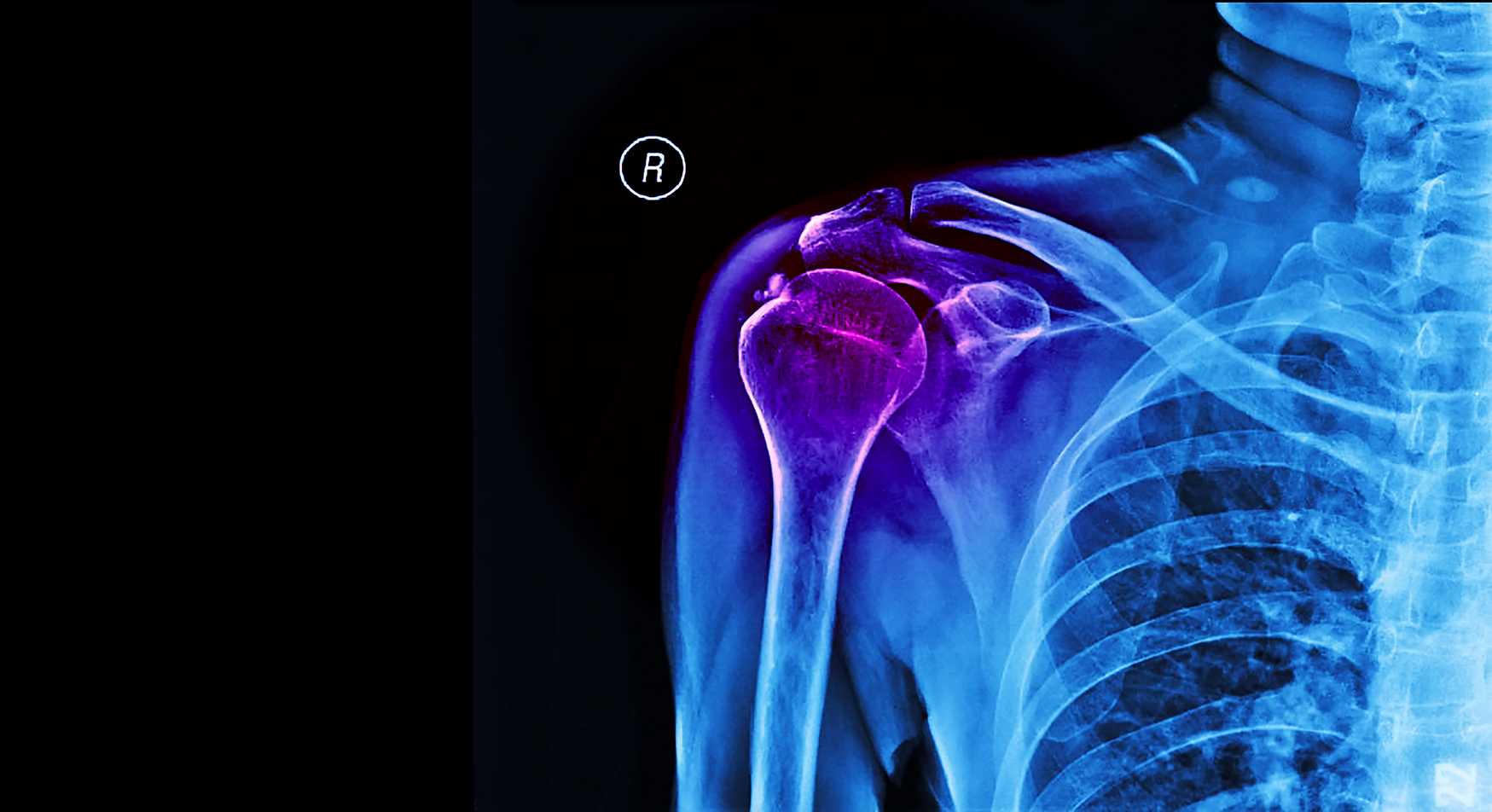Shoulder pain can prevent you from taking part in routine activities, not to mention that it may affect your sleep habits. Whether you are experiencing pain on top or in front of your shoulder, this pain can reduce your quality of life. Your physician might recommend shoulder surgery if you previously experienced a shoulder injury or are currently experiencing:
Your physician will gather your medical history, perform a thorough physical exam to check for swelling and bruising, and recommend diagnostic tests such as X-rays, MRIs, or ultrasounds to identify the problem. Your physician will then develop a treatment plan based upon their findings and your specific condition.
Depending on your medical condition, your doctor may recommend any number of shoulder procedures. Shoulder problems such as ligament damage, rotator cuff tears, and bone spurs can be treated through arthroscopy or open shoulder surgery.
With arthroscopy, a thin, wire-like needle is inserted into the shoulder to evaluate the connective tissue damage. The needle has a built-in camera that allows the doctor to view your shoulder’s internal condition on a monitor.
This is both a diagnostic and noninvasive corrective surgical procedure. The doctor may use other surgical equipment to operate on the shoulder connective tissues to restore their mobility and function.
Open shoulder surgery is a traditional, invasive surgical procedure done by an orthopedic surgeon. The surgeon numbs the body with a general anesthetic and proceeds to make an incision in the shoulder. This incision provides access to the shoulder ligaments and muscles and allows the surgeon to correct any abnormalities.
Following shoulder surgery, it’s recommended that you engage in regular light shoulder exercise and avoid any strenuous activity until you have fully recovered.
TOPS Surgical Specialty Hospital has worked with top-rated orthopedic surgeons who specialize in shoulder conditions. Our orthopedic surgeons can work with your doctor to diagnose and treat shoulder-related issues. Our innovative technology helps us provide personalized treatment and care with favorable outcomes for hundreds of patients in the Houston area.
Contact us to learn more about our surgical outpatient facility. You may also search our list of orthopedic specialists below to find someone who is right for you.
